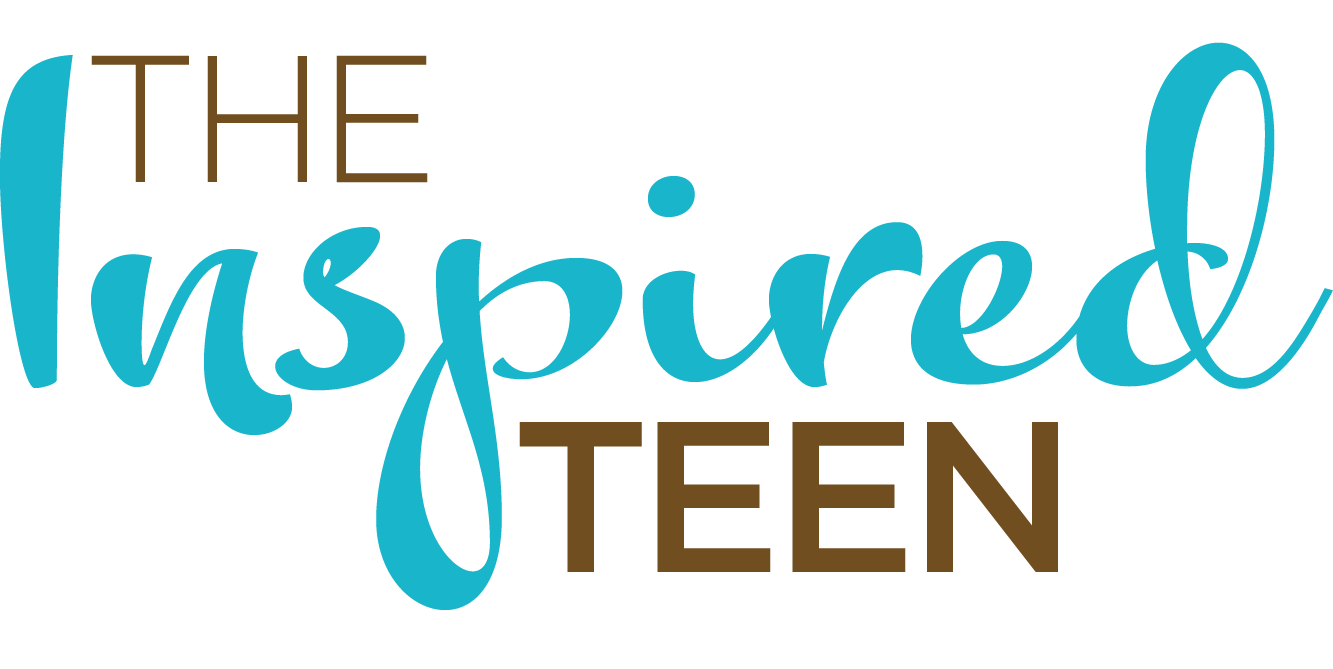July - Communication
Parent Resources
Teenagers and Communication - Better Health Channel
20 Parenting Tips on How to Improve Communication Skills for Teens - Ashley Hudson, LMFT
10 ways to improve your high-schooler’s communication skills - Understood
Conversation Starters
“When someone’s upset with you, what’s the best way they could bring it up so you’d actually want to listen?”
“Do you feel like it’s easy or hard to speak up when something’s bothering you? What makes it easier or harder?”
“Can you think of a time when someone misunderstood what you meant? How did you handle it?”
“What’s something you wish adults were better at when talking with teens?”
“When you're having a tough day, would you rather talk it out or have space first? Why?”
“What does a ‘good apology’ sound like to you?”
“Who do you feel really listens to you? What do they do that makes you feel that way?”
“Do you ever feel pressure to ‘keep the peace’ instead of being honest? How do you handle that?”
“How do you know when someone’s really being honest with you?”
“What’s one thing I could do better when we’re having a tough conversation?”
Parent Teen Night Ideas
Sound expert Julian Treasure shares five ways we can re-tune our ears for conscious listening, an important skill in this loud and busy world. It’s only a few minutes long, so discuss how you can both apply this after!
2. Why Gossip is Hardwired in Our Brains
This short video talks about the purpose of gossip and shares a short study done about how often people gossip and why. Watch this then discuss how each of you gossip, how you feel when others gossip about you, etc.
3. How to Never Run Out of Things to Say
This great five-minute video talks about internal filters and why we struggle to come up with things to say to strangers. It also gives a few tips!
4. How to Have a Good Conversation
In this 12-minute popular Ted Talk Celeste Headlee shares ten useful tools for having better conversations.
5. How to Handle Small Talk as an Introvert
This 9-minute video by Charisma on Command looks at celebrities being interviewed on talk shows and gives some helpful ideas to help all of us (particularly introverts) handle small talk.
6. Validation
This video is about a man who not only validates parking, but he also compliments/validates those who come to him. It is adorable and will spark a good discussion about how we validate others.
Things to watch out for
1. They avoid all difficult conversations. If your teen consistently shuts down, walks away, or refuses to talk about anything uncomfortable (even small issues), it could point to poor emotional regulation or anxiety around conflict.
2. They express themselves mainly through anger, sarcasm, or withdrawal. Some emotional ups and downs are normal, but if your teen rarely communicates feelings directly—relying mostly on passive-aggressive behavior, yelling, or shutting down—it may signal a need for support in managing emotions and communicating clearly.
3. They struggle to understand how their words affect others. If your teen often seems unaware of how their tone or words impact people, and doesn’t show signs of empathy or learning from feedback, they may need help with social awareness or emotional intelligence.
4. They seem isolated or unable to connect with peers. Not all teens are super social, but if yours is consistently left out, misreads social cues, or has ongoing conflicts due to misunderstandings, it could reflect underlying communication challenges.
5. They avoid talking to you about anything personal, even when they need help. Some distance from parents is normal during adolescence, but if they never open up, even in times of stress or crisis, that may point to trust or safety issues in the relationship—or a bigger issue with self-expression.
6. They express hopelessness, shame, or say things like “No one understands me.” If your teen seems to feel isolated or unheard on a deep level, take it seriously. This could be tied to depression, anxiety, or an unmet need for connection and validation.

